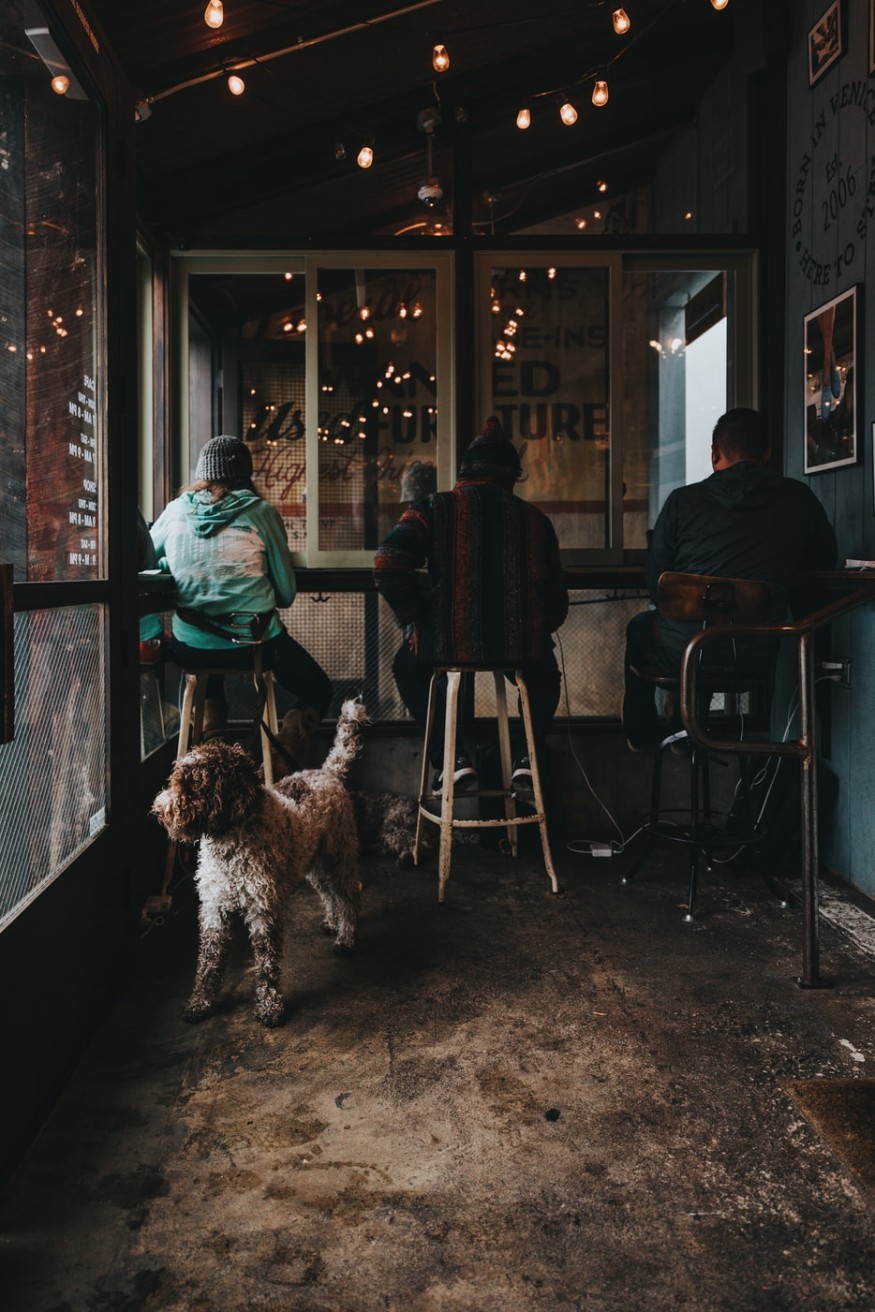
Animal themed coffee shops are uncommon. There are cafés where patrons can play with a cat or a dog, even rabbits and other small animals in some areas, after enjoying their meals. However, some places go beyond the common pets found in these types of establishments. Ones that are not commonly referred to as pets. They offer a "fun" time with exotic and rare animals.
Exotic Animal cafés
Many cafés in Japan lets you play with otters as a part of their restaurant's promos. Patrons can watch the caretakers feed the baby otters; some would even let customers breastfeed the otters themselves while in other establishments, interacting and playing with adult otters are actually a thing.
In other places, aside from furry little otters, cafés goers can also play and hang out with other uncommon or rare animals. Some cafés let their patrons play with exotic owls and parrots while lizards and other creepy crawlies on others.
Potential Harm
Institutions like those aim to promote these animals' proper caring by advocating and raising awareness of the conditions these species have in the wild.
Despite this noble cause, Scientific American claims that these businesses might have a long term impact on exotic animals. And, those might not be what they are hoping for.
Even though these businesses, as of current, do not have a substantial role in the illegal pet trade. Sooner or later, it may have one. Researchers have feared that the idea of normalizing petting and dealing with exotic animals might increase the demand for getting it as a pet.
This increase in demand may spark a proliferation of illegal animal trade. Animal trafficking is seen as one of the most crucial reasons behind the endangerment of many wildlife species. People smuggle these creatures and illegally sell them to whoever wants to take care of or breed them.
The poaching of elephants, rhinoceroses, and tigers frequently hits the headlines, but that's only a small fraction of the global animal trade, both legal and illicit. This is a multibillion-dollar business that involves exchanging smaller animals, commonly little birds, reptiles, and the occasional endangered mammals. Smaller animals are seen as exotic pets.
Illegal trading can open doors to more problems concerning these exotic animals. As mentioned earlier, some people breed these animals. Sometimes, these are done under unfitting conditions; others are forced.
Forced breeding can lead to severe complications for these animals' offsprings, causing genetic disorders that may last for generations.
Finally, and the most obvious among the possible impact of the normalization of exotic petting. People who bought them illegally may not adequately take these rare animals' care. Unlike the common pet breeds like birds, cats, dogs, fishes, and rodents, these exotic animals require more to take care of properly.
Yes, the cafés and other institutions that let their patrons interact with exotic wildlife may teach a thing or two about providing for these animals' basic needs. However, most of the time, those lessons and sessions are not enough. It takes months, even years, to learn how to tend to exotic animals' needs properly. One wrong move can be dangerous, even fatal, for both the owners and the animals.
It's not wrong to show interest in exotic animals. However, it would do everyone better if these creatures' petting remains at the hand of proper facilities and institutions.
© 2025 NatureWorldNews.com All rights reserved. Do not reproduce without permission.





